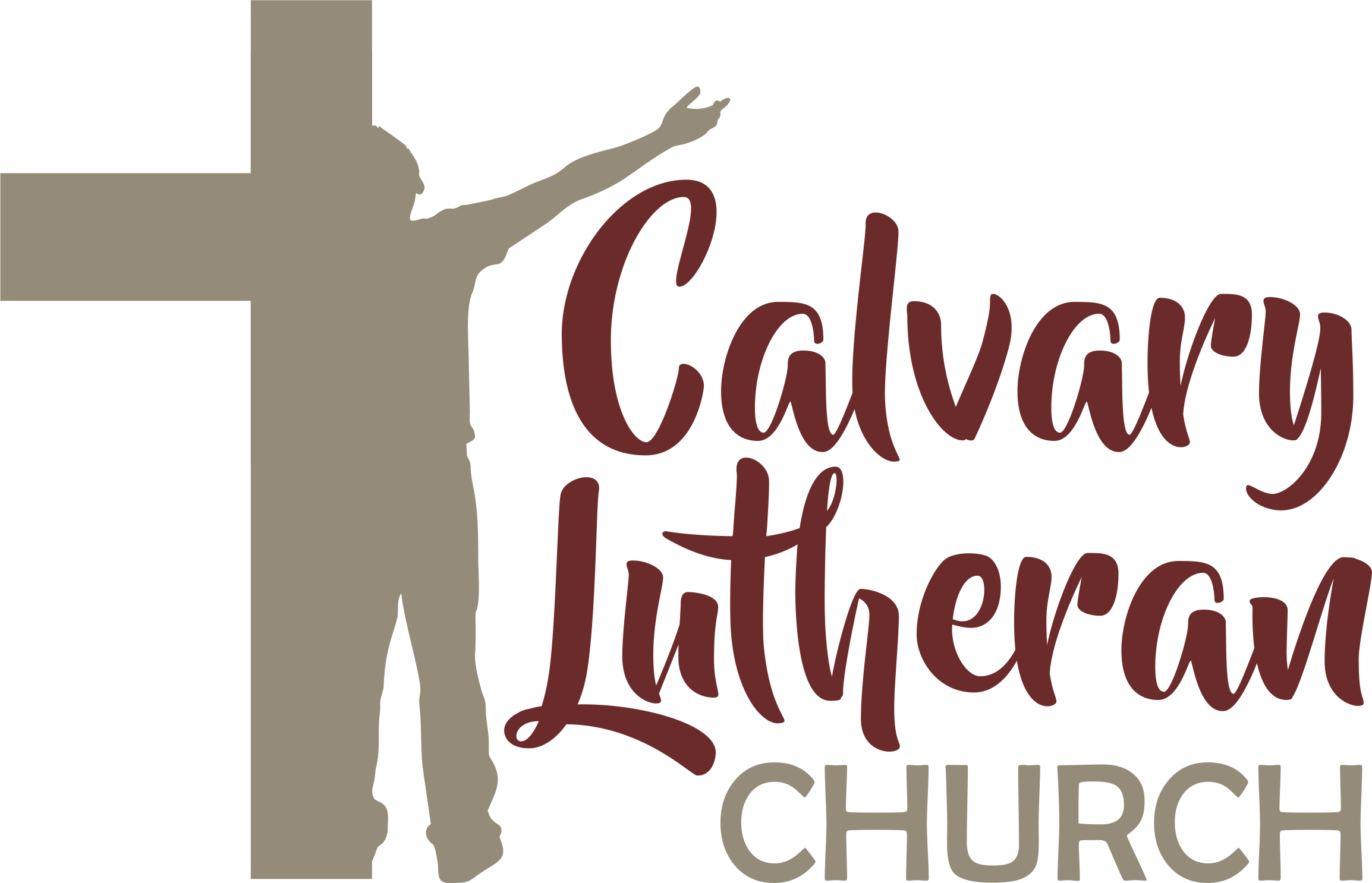values
Our Values will influence everything that we do together as a congregation. Our values will help us move into being about people and not simply about running programs. Our values push us to be about adaptive change and not simply technical change. Our values help us create a culture of innovation and change for the sake of our mission and vision. All of our congregational members and staff commit to our values and our way of life. At Calvary Lutheran Church, we commit to find ways for our congregation members to actively live out their God-given passions through our congregational values. We also commit to travel through our daily lives with the following values:
Website Powered By PageFramer, Development By Robert Sharp & Associates

